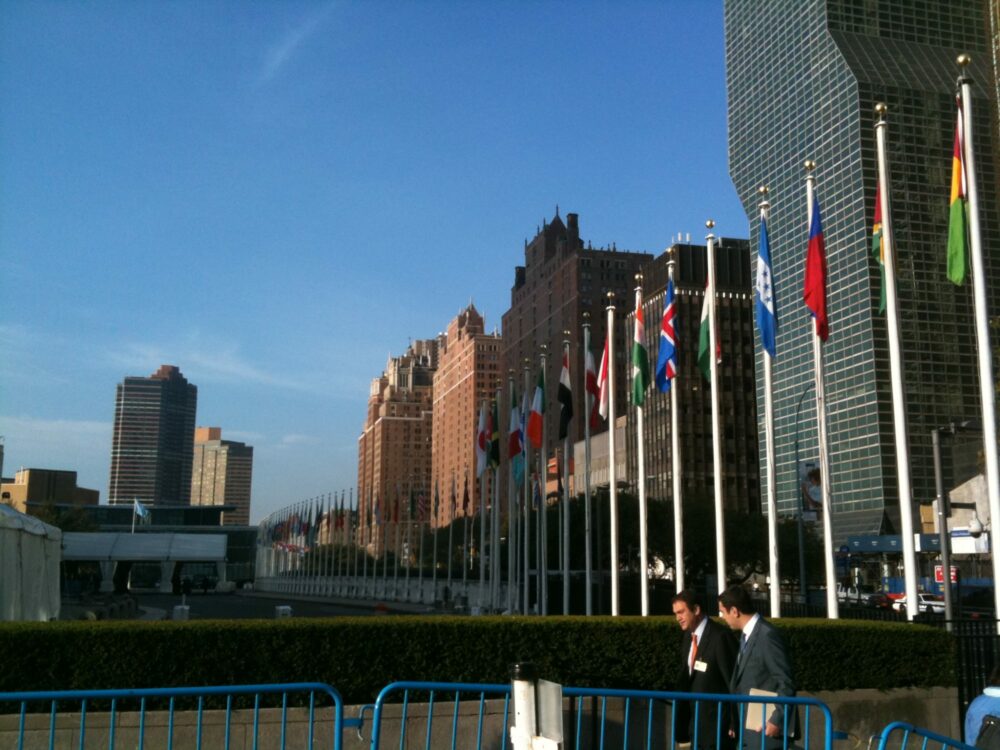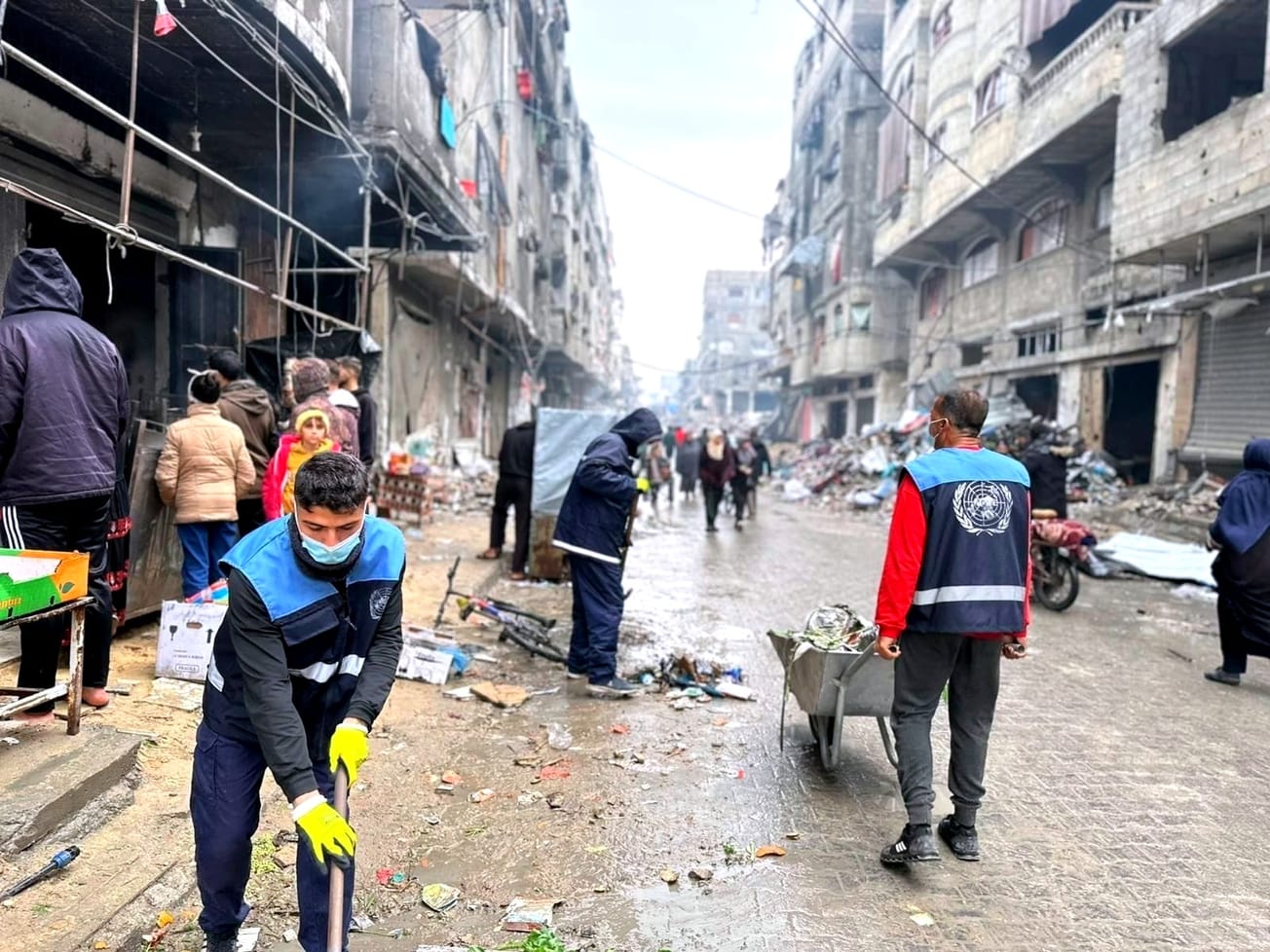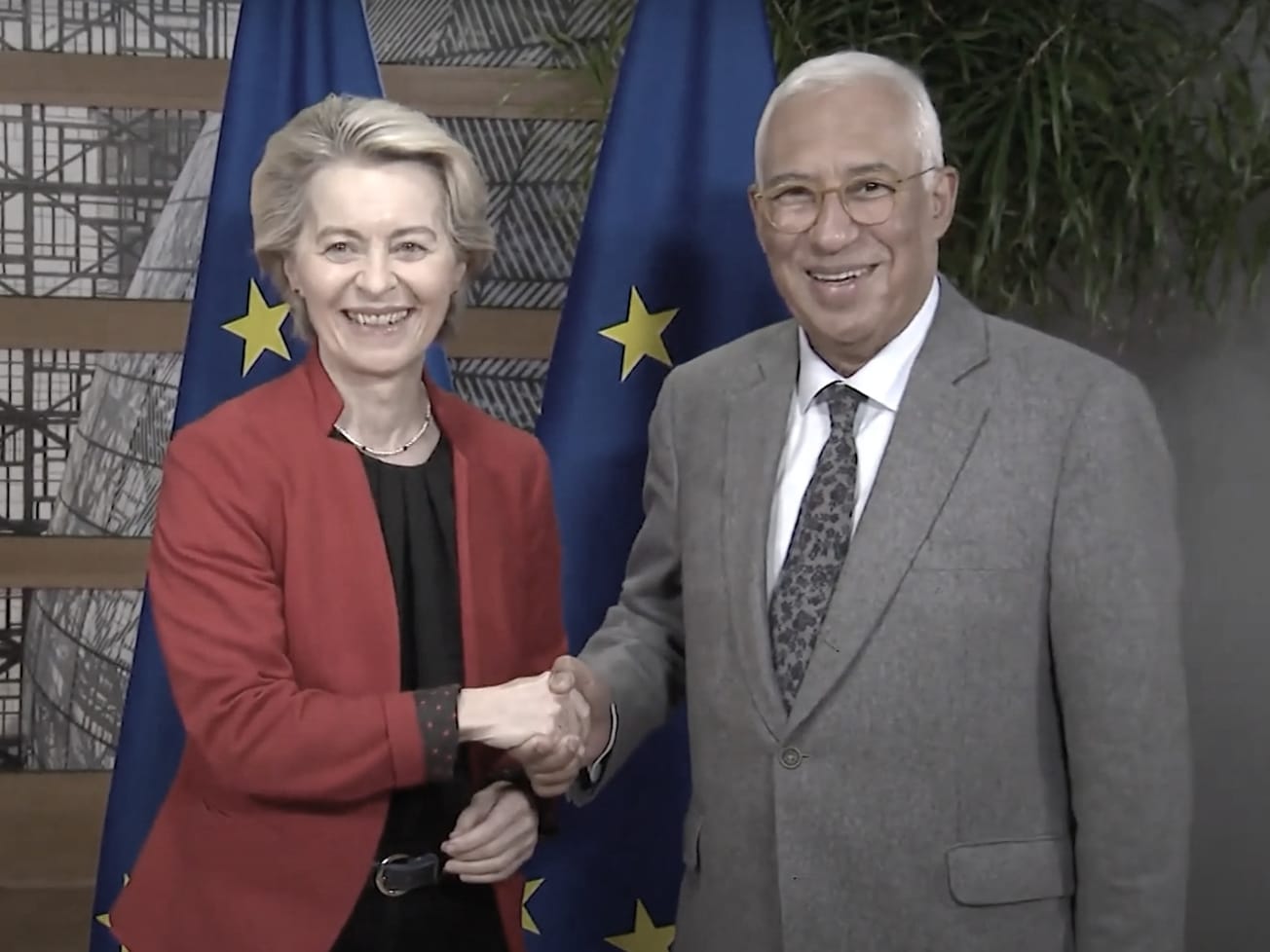GENEVA (AN) — An independent review of whistleblowing at the United Nations found nearly half its global staff saw misconduct or wrongdoing at work in the past five years, but most were too afraid to report it.
The reasons for keeping silent are well known to anyone who has studied why crimes are not reported to police: fear of retaliation or losing a job, little confidence anything will be done and no assurance of confidentiality.









